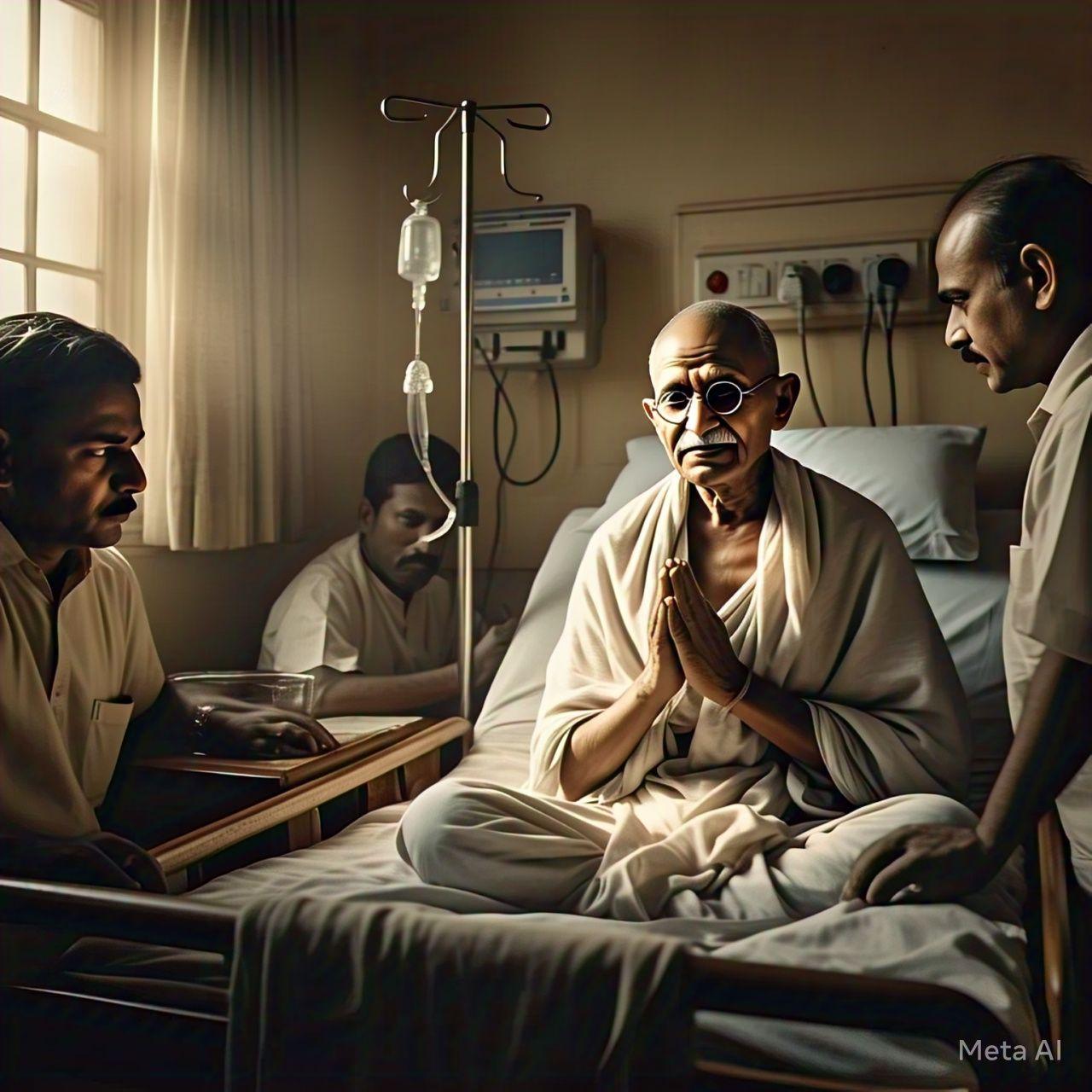The Assassination of Mahatma Gandhi: A Tragic Loss to Humanity
January 30, 1948, is a day etched in the memories of Indians and people around the world. On this fateful day, Mahatma Gandhi, the Father of the Nation, fell to the bullets of an assassin. The news of his death sent shockwaves across the globe, plunging millions into grief.
Gandhi's assassination was a senseless act of violence perpetrated by Nathuram Godse, a Hindu nationalist. Godse was opposed to Gandhi's tolerance for Muslims and his advocacy for a unified India. As Gandhi walked to a prayer meeting at Birla House in New Delhi, Godse bowed down to touch his feet, and then shot him three times at point-blank range.
Gandhi's death was a devastating blow to India, which had just gained independence from British rule. He was the unifying force behind the Indian National Congress and had played a pivotal role in the country's struggle for freedom. His philosophy of non-violent resistance had inspired movements for civil rights and freedom across the world.
The aftermath of Gandhi's assassination saw widespread violence and rioting across India. However, Gandhi's followers and fellow leaders, including Jawaharlal Nehru and Vallabhbhai Patel, worked tirelessly to maintain peace and calm.
Gandhi's legacy continues to inspire people around the world. His message of love, compassion, and non-violence remains relevant today. As we remember the tragic events of January 30, 1948, we must also recommit ourselves to Gandhi's ideals and strive to create a world that is more just, peaceful, and harmonious.
In the words of Gandhi, "My life is my message." His life and death continue to inspire us to work towards a better world.

